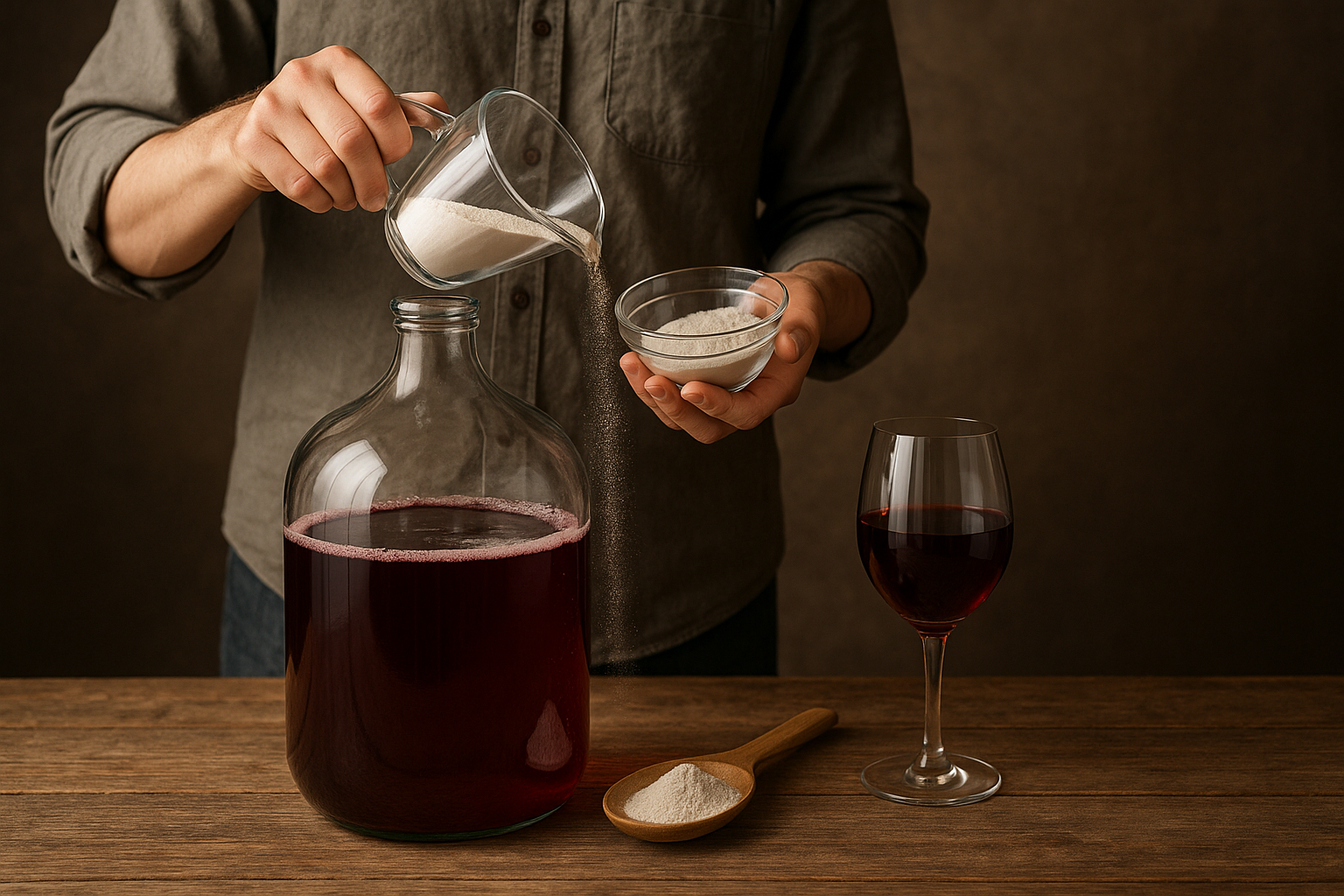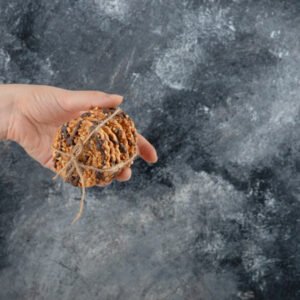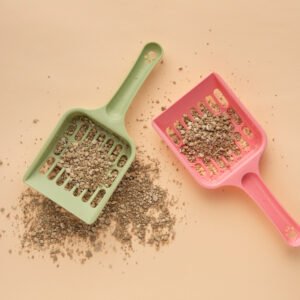Have you ever wondered why some wines appear crystal clear while others remain cloudy despite proper fermentation? The secret lies in the winemaking process, particularly in the use of fining agents like bentonite. For centuries, winemakers have relied on natural clay minerals to achieve that perfect clarity that makes wine visually appealing and commercially viable.
Whether you’re a home winemaker in Mumbai or a commercial producer in Nashik, understanding how to use bentonite to clear wine can transform your winemaking results. This comprehensive guide will walk you through everything you need to know about using bentonite as a wine clarifying agent, from the science behind its effectiveness to practical application techniques.
What is Bentonite and Why is it Essential for Wine Clarification?
Bentonite is a naturally occurring clay mineral formed from volcanic ash over millions of years. This unique geological origin gives bentonite its exceptional properties that make it invaluable in winemaking. Unlike synthetic chemicals, bentonite is completely natural and food-safe, making it an ideal choice for wine clarification.
The magic of bentonite lies in its electrical charge properties. As a negatively charged clay colloid, it naturally attracts and binds with positively charged particles suspended in wine. These particles include proteins, tannins, and other organic compounds that cause cloudiness and haze in finished wine.
In India’s growing wine industry, particularly in regions like Maharashtra, Karnataka, and Himachal Pradesh, winemakers increasingly rely on quality bentonite suppliers. Companies like CMS Industries, located strategically in Gujarat near the ports of Mundra and Kandla, provide premium-grade bentonite that meets international winemaking standards.
The Science Behind Bentonite Wine Clarification
Understanding how bentonite works is crucial for successful wine clarification. When bentonite is added to wine, it undergoes a process called flocculation. The negatively charged bentonite particles attract positively charged proteins and other suspended matter, forming larger clumps called flocs.
These flocs become heavy enough to settle at the bottom of the wine container, carrying with them the unwanted particles that cause cloudiness. This process is particularly effective for white wines, where protein stability is a major concern.
The effectiveness of bentonite depends on several factors:
- pH levels: Bentonite works best in wines with pH between 3.0 and 4.0
- Temperature: Warmer temperatures increase the rate of flocculation
- Contact time: Adequate settling time ensures complete clarification
- Dosage: Proper bentonite concentration prevents over-fining
Types of Bentonite for Wine Making
Not all bentonite is created equal. Different types of bentonite offer varying levels of effectiveness for wine clarification:
Sodium Bentonite
Sodium bentonite is the most commonly used type for wine clarification. It swells significantly when hydrated, creating a larger surface area for particle attraction. This type is particularly effective for protein removal in white wines.
Calcium Bentonite
Calcium bentonite has lower swelling properties but offers excellent clarification for red wines. It’s less aggressive than sodium bentonite, making it suitable for delicate wine varieties.
Activated Bentonite
Some suppliers offer activated bentonite, which has been processed to enhance its clarifying properties. This type often works faster and requires lower dosages.
When sourcing bentonite in India, ensure you’re working with reputable manufacturers who understand winemaking requirements. CMS Industries, with their ISO 9001:2015 certification, provides various grades of bentonite suitable for different wine clarification needs.
Step-by-Step Guide: How to Use Bentonite to Clear Wine
Step 1: Prepare the Bentonite Slurry
Begin by creating a bentonite slurry. Mix 1-2 grams of bentonite powder with 100ml of distilled water. The water temperature should be around 80-90°C to ensure proper hydration. Stir continuously to prevent lumps from forming.
Allow the slurry to cool to room temperature before use. This process, known as hydration, typically takes 2-4 hours. Proper hydration is crucial for maximum effectiveness.
Step 2: Calculate the Correct Dosage
The typical dosage for wine clarification ranges from 0.5 to 3 grams per litre of wine. Start with a lower dosage and increase if necessary. Over-fining can strip the wine of desirable compounds, affecting taste and mouthfeel.
For white wines, start with 1-2 grams per litre. Red wines typically require 0.5-1 gram per litre due to their different protein content.
Step 3: Add Bentonite to Wine
Slowly add the prepared bentonite slurry to your wine while stirring gently. Avoid vigorous stirring, which can introduce unwanted oxygen. Mix thoroughly to ensure even distribution throughout the wine.
Step 4: Allow Settling Time
After adding bentonite, allow the wine to settle for 5-14 days. The settling time depends on wine type, temperature, and bentonite dosage. During this period, the bentonite will attract suspended particles and form sediment at the bottom.
Step 5: Rack the Clear Wine
Once settling is complete, carefully rack the clear wine from the top, leaving the sediment behind. Use a siphon or wine thief to avoid disturbing the settled bentonite layer.
Best Practices for Bentonite Wine Clarification
Timing is Crucial
Apply bentonite fining before the final bottling stage. This ensures maximum clarity without affecting the wine’s aging potential. For white wines, fining can be done after primary fermentation. Red wines benefit from fining after malolactic fermentation.
Test Small Batches First
Before treating your entire batch, test the bentonite dosage on a small sample. This helps determine the optimal amount needed without risking the entire production.
Monitor Temperature
Maintain wine temperature between 15-20°C during the fining process. Higher temperatures accelerate settling but may affect wine quality. Lower temperatures slow the process but preserve delicate flavours.
Quality Matters
Source your bentonite from reliable suppliers who understand food-grade requirements. CMS Industries, with their strategic location in Gujarat and extensive experience in bentonite manufacturing, provides consistent quality that meets international standards.
Common Mistakes to Avoid
Over-Fining
Using too much bentonite can strip the wine of desirable compounds, resulting in a thin, characterless wine. Always start with conservative dosages and increase gradually if needed.
Inadequate Hydration
Poorly hydrated bentonite won’t work effectively. Ensure proper hydration time and temperature for optimal results.
Rushing the Process
Patience is key in wine clarification. Rushing the settling process can result in incomplete clarification and the need for re-treatment.
Ignoring Wine Type
Different wine types require different approaches. White wines typically need more aggressive fining than reds due to higher protein content.
Bentonite Applications Beyond Wine Clarification
While wine clarification is a primary use, bentonite has numerous other applications in the beverage industry:
- Juice clarification: Removing pulp and proteins from fruit juices
- Beer fining: Improving clarity in beer production
- Cider clarification: Achieving crystal-clear cider
- Preventive treatment: Protecting against future protein haze
Sourcing Quality Bentonite in India
India’s wine industry requires access to premium-quality bentonite for professional results. When selecting a bentonite supplier, consider:
Manufacturing Standards: Look for ISO-certified manufacturers who follow international quality standards.
Product Consistency: Reliable suppliers maintain consistent product quality across batches.
Technical Support: Choose suppliers who understand winemaking applications and can provide technical guidance.
Logistics: Consider suppliers with strategic locations for efficient distribution.
CMS Industries exemplifies these qualities with their manufacturing facilities in Gujarat, producing over 9,000 metric tons of bentonite powder monthly in multiple grades. Their proximity to major ports ensures efficient distribution across India and internationally.
Environmental Considerations
Modern winemakers increasingly consider environmental impact. Bentonite is naturally occurring and biodegradable, making it an environmentally friendly choice for wine clarification. After use, spent bentonite can be composted or used as a soil amendment.
Future Trends in Wine Clarification
The wine industry continues evolving, with new technologies complementing traditional methods. However, bentonite remains a cornerstone of wine clarification due to its effectiveness, safety, and natural origin. Future developments may include:
- Enhanced processing techniques: Improving bentonite activation methods
- Targeted applications: Developing specific bentonite grades for particular wine types
- Sustainable sourcing: Emphasising environmental responsibility in bentonite mining and processing
Conclusion
Mastering the use of bentonite to clear wine is essential for producing professional-quality wines. This natural clay mineral offers an effective, safe, and environmentally friendly solution for achieving crystal-clear wines that meet commercial standards.
Success with bentonite depends on understanding its properties, following proper procedures, and sourcing quality materials from reputable suppliers. Whether you’re a home winemaker or commercial producer, investing in premium bentonite from established manufacturers like CMS Industries ensures consistent, reliable results.
The key to successful wine clarification lies in patience, proper technique, and quality materials. With the right approach, bentonite can transform cloudy wine into crystal-clear perfection, enhancing both visual appeal and market value.
Ready to achieve professional wine clarity? Contact CMS Industries to explore their range of premium bentonite products specifically suited for wine clarification applications.
Frequently Asked Questions
1. How much bentonite should I use per litre of wine?
The typical dosage ranges from 0.5 to 3 grams per litre, depending on wine type. White wines generally require 1-2 grams per litre, while red wines need 0.5-1 gram per litre. Always test small batches first.
2. Can bentonite affect the taste of my wine?
When used in proper quantities, bentonite should not alter wine taste. However, over-fining can strip desirable compounds, resulting in a thin, characterless wine. Use conservative dosages and increase gradually if needed.
3. How long does it take for bentonite to clear wine?
Bentonite typically takes 5-14 days to complete the clarification process. The exact time depends on wine type, temperature, and bentonite dosage. Patience is essential for optimal results.
4. Is bentonite safe for wine consumption?
Yes, bentonite is completely safe for wine use. It’s a natural clay mineral that settles out of the wine during the clarification process. Any residual bentonite is food-grade and harmless.
5. Can I reuse bentonite after wine clarification?
No, bentonite cannot be reused once it has been used for wine clarification. The used bentonite forms sediment that should be discarded. However, it can be composted as it’s completely natural and biodegradable.







